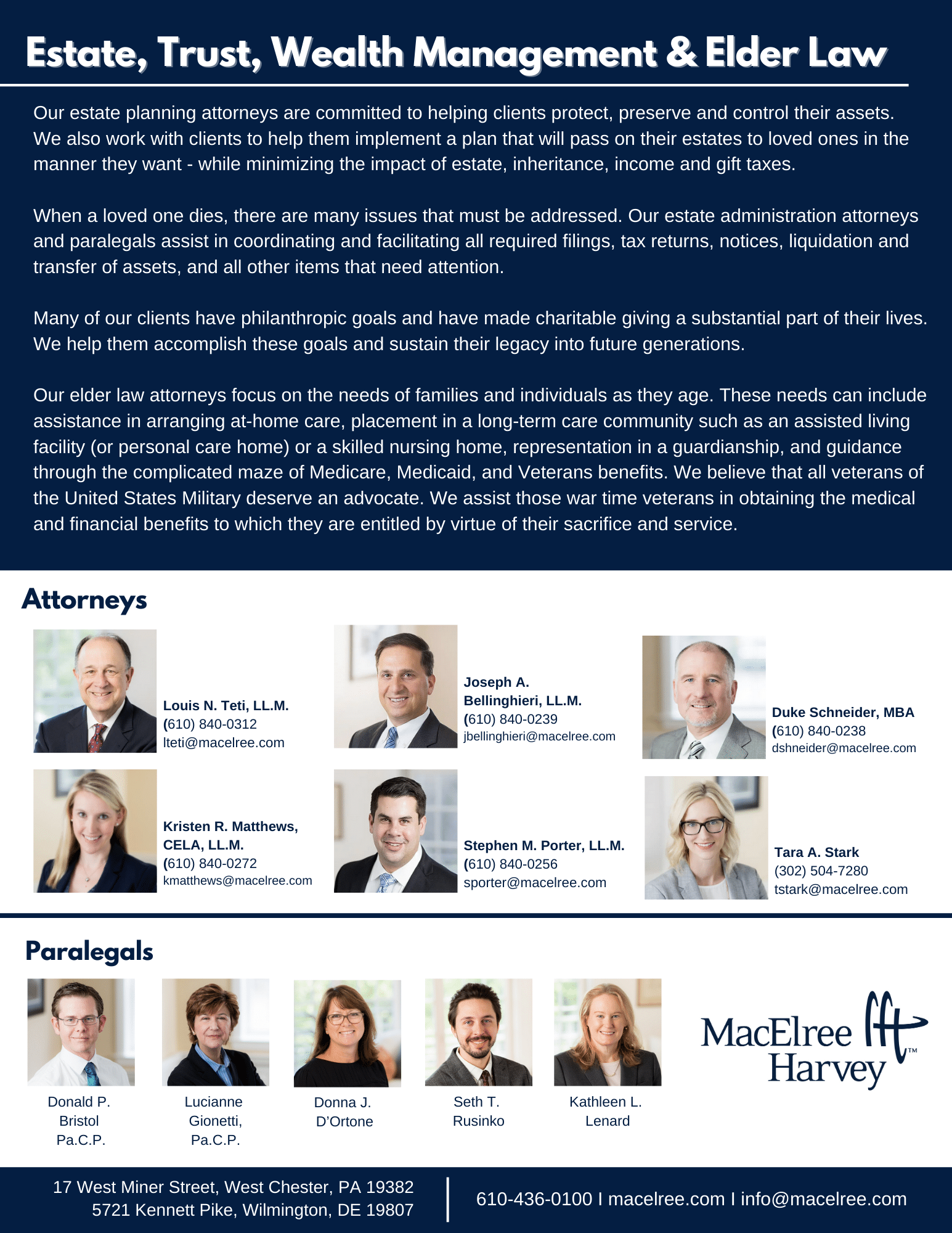Business, Real Estate, and Tax Law Attorney Harry DiDonato and Land Use Attorney Lindsay Dunn were quoted in The Legal Intelligencer article entitled “Best Marketing Tool to Grow Business: Do Special (Free) Things for Clients” published Monday, February 1, 2021.
The article discusses the benefits of “personalized acts of service” as a way to provide exceptional client service and be appreciated and remembered by clients in the future.
Attorney Harry DiDonato recounts how he helped his clients with timely PPP loans in the beginning of COVID in 2020, and how it has benefitted his own practice by way of referrals later in the year.
“During COVID, we were able to help several clients and referral sources ‘off the clock’ obtain PPE loans with lenders and one particular story comes to mind. Last April, with the onset of the PPP loan program, there was a significant amount of confusion with both lenders and borrowers. Many lenders were struggling to get their PPP loan application process open and, if you recall, there were reports at the time that the appropriated money was going fast and that the program was going to run out of money. An existing client that I had helped through the PPP qualification and application process referred a business to me that had a need for funds but their bank had not yet opened their loan portal. They had also called other banks who told them they were not taking on new customers for the PPP loans and were just looking to service their existing customers. This referral was concerned that the funds may not be available if they waited too long to apply. Upon learning a bit about the business, I realized they would be a coveted customer for a bank in ‘normal’ times. With that in- formation, I called one of my contacts at a bank that I knew was accepting and processing the applications and I connected them with the referral. They were able to obtain their PPP loan in a timely manner. Recently, I heard from the referral that they had a need for some corporate restructuring with a potential for a financing transaction from an investor. They engaged our firm to work with them through the process.”
Attorney Lindsay Dunn also shares her acts of personalized service within the last year:
“I regularly checked in with my clients across various industries in 2020 to see if they needed any assistance navigating how to adapt to regulations when the county within which they operated would change from red to yellow, or yellow to green.”
Click here to read the full article.


